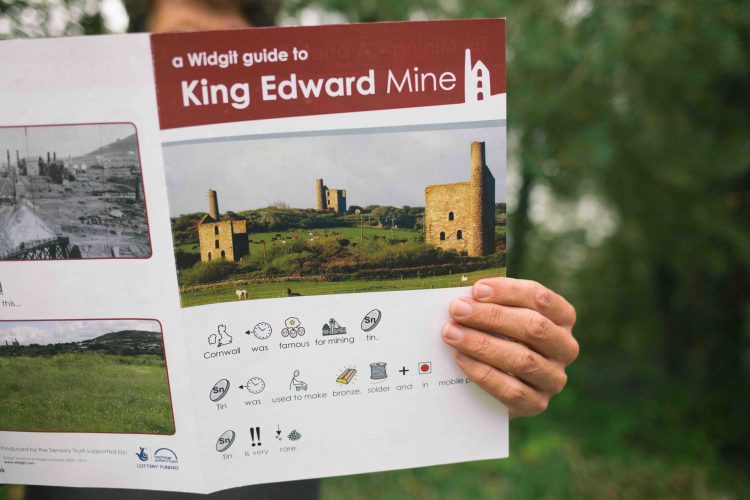Many people need information about a venue or service before they decide if it's for them. This is particularly true for people living with health and disability issues, who may need more reassurance that the experiences are accessible and of interest to them. Developing this information can be a good way of reviewing your venue and services, especially if you involve people with disabilities. A Visitor Access Guide is a good way of doing this.
Research published in our Making Connections publication shows that one of the biggest barriers to visiting places is the lack of information about what is on offer. "42% of people said their main reason for not visiting their local park was a lack of information"
Key features of a Visitor Access Guide
A Visitor Access Guide provides key information to enable people with disabilities to plan their visit. Key design ingredients include:
- How to get there, eg is there accessible public transport and accessible parking
- Opening hours and support, eg access volunteers, contact telephone number and portable seats and wheelchairs on loan
- Gradients, steps, toilets etc, especially important for people with limited mobility and not forgetting that details like distance and seating are critical for people with limited stamina
- Events, weddings, school visits, making sure all activities are included
- Assistance dogs and specific needs, this shows you have thought about everyone including the person who most wants to know there will be a water bowl for their dog.
The Access Guide was developed by the Sensory Trust to provide information about all aspects of planning a visit to the Eden Project
What the legislation says
There are two key pieces of legislation:
The Equality Act 2010 makes it illegal for service providers to discriminate on the basis of any of the protected characteristics - this includes
The Access Information Standard was introduced by the UK government in 2016 to ensure that people with a disability or sensory loss are given information in a way they can understand. It applies to NHS and adult social care services, but even if you work in other sectors we recommend familiarising yourself.



